echocardiogram
An echocardiogram is a scan of the heart done using ultrasound waves from a small probe with gel applied over the surface of the skin to view how the heart pumps from different angles. It also gives information about blood flow within the heart and the function of the heart valves which let blood through each chamber of the heart. It is one of the most common test and gives us a great deal of information. It is a painless procedure that usually takes 30 mins to do and the result can be obtained very quickly.
The commonest type of echo is a transthoracic echo where a probe is run over the chest. There are other types of echo that can give additional information.
A stress echo is a type of echo where the heart is scanned whilst it is pumping quicker and more forcefully – like it does when a person does exercise like running. This can either be done by getting you to exercise, most commonly on a static bike, or by simulating exercise by administering a drug into the vein to stimulate the heart without needing to perform physical exercise. This is usually done to try and identify if there are any problems with the blood supply to the heart.
A transoesophageal echo is another type of echo scan but the difference is that a smaller version of an echo probe is used to scan the heart from within the food pipe as the food pipe lies directly behind the heart. It gives a much more detailed view of structures within the heart like the valves and is commonly done to assess the heart valves to determine why the valves are not functioning as they should and how well they are working.

